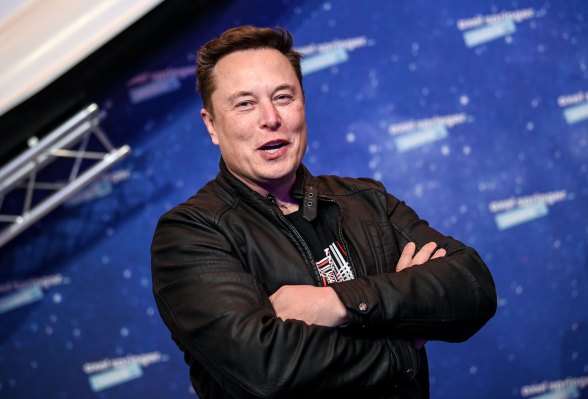Twitter followed through on its promise to force Elon Musk to buy the company on Tuesday, suing the SpaceX and Tesla CEO in a Delaware court.
The company’s board doubled down last week after Musk’s legal team sent Twitter a letter stating his intentions to withdraw from the deal. Twitter board chairman Bret Taylor tweeted that the company remained “committed” to closing the deal at the terms the two parties previously agreed to and signaled Twitter’s intentions to “pursue legal action to enforce the merger agreement.”
Twitter doesn’t mince words in the lawsuit, offering a blistering criticism of Musk and an overview of the chaos that company’s would-be owner has sown throughout the now months-long saga:
In April 2022, Elon Musk entered into a binding merger agreement with Twitter, promising to use his best efforts to get the deal done. Now, less than three months later, Musk refuses to honor his obligations to Twitter and its stockholders because the deal he signed no longer serves his personal interests. Having mounted a public spectacle to put Twitter in play, and having proposed and then signed a seller-friendly merger agreement, Musk apparently believes that he — unlike every other party subject to Delaware contract law — is free to change his mind, trash the company, disrupt its operations, destroy stockholder value, and walk away. This repudiation follows a long list of material contractual breaches by Musk that have cast a pall over Twitter and its business. Twitter brings this action to enjoin Musk from further breaches, to compel Musk to fulfill his legal obligations, and to compel consummation of the merger upon satisfaction of the few outstanding conditions.
In the lawsuit, Twitter highlights the obvious contradiction between Musk’s early vows to rid Twitter of spam and his subsequent feigned surprise that the platform has a spam problem:
“Musk’s exit strategy is a model of hypocrisy. One of the chief reasons Musk cited on March 31, 2022 for wanting to buyTwitter was to rid it of the “[c]rypto spam”he viewed as a “major blight on the user experience.” Musk said he needed to take the company private because, according to him, purging spam would otherwise be commercially impractical.
In his press release announcing the deal on April 25, 2022, Musk raised a clarion call to “defeat the spam bots.” But when the market declined and the fixed-priced deal became less attractive, Musk shifted his narrative, suddenly demanding “verification” that spam was not a serious problem on Twitter’s platform, and claiming a burning need to conduct “diligence” he had expressly forsworn.”
Last week, Musk claimed that Twitter breached the terms of the deal by failing to prove that the number of fake accounts on the platform matches Twitter’s longstanding estimates. Musk began making a lot of noise around the issue back in May, after he’d already agreed to buy the realtime social network for $44 billion.
This story is developing.
